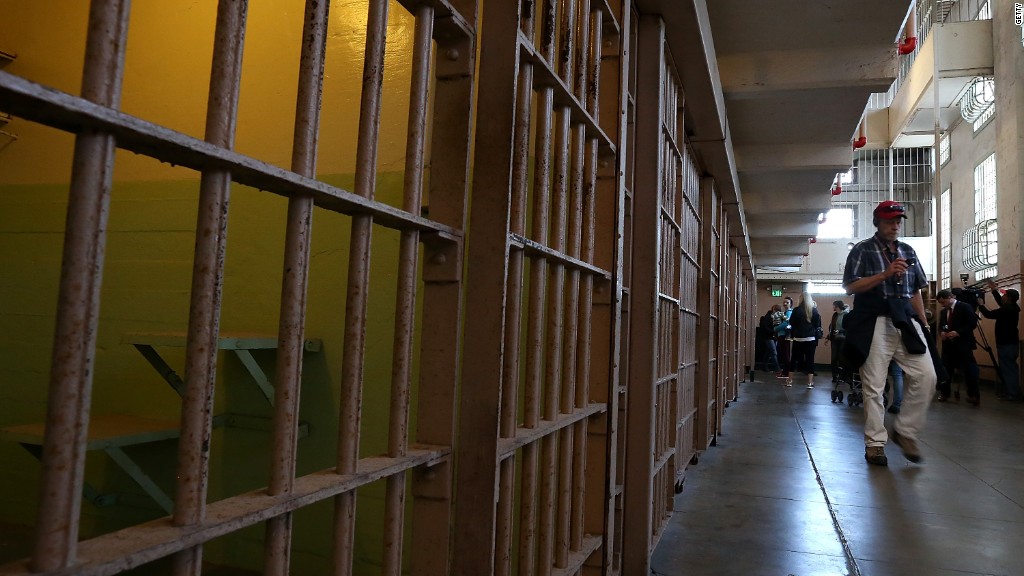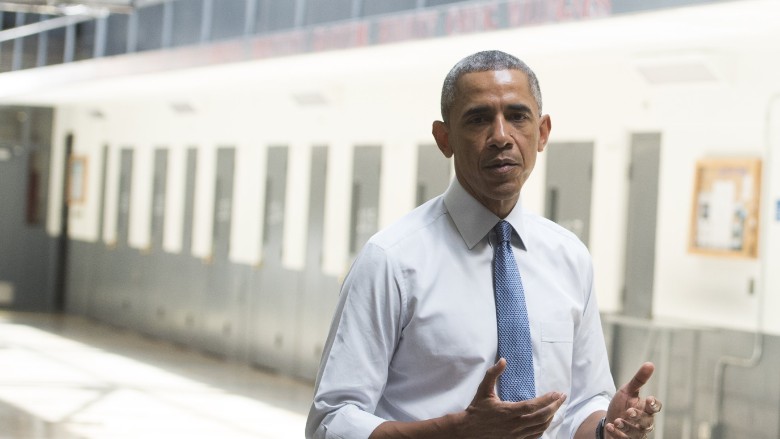
Everyone deserves a second chance. Inmates, too.
That's the message from Education Secretary Arne Duncan. He announced a new pilot program Friday that makes Pell grants available to some prisoners for the first time in two decades.
"Ours is a nation of 2nd chances. Giving those who made mistakes a chance to get back on track is the core of who we are," Duncan tweeted.
The goal is to test how effective correctional education programs can be in breaking the cycle of repeat offenders.
Congress banned prisoners from being eligible for Pell grants in 1994. Since then, the prison population has grown significantly to 1.6 million nationwide, and calls for reform are coming from President Obama -- who recently became the first sitting president to visit a federal prison -- as well as members of both parties.
"As the President recently noted, for the money we currently spend on prison we could provide universal pre-k for every 3- and 4-year-old in America or double the salary of every high school teacher in the country," Duncan said in a press release.
The administration can't lift the ban on Pell grants without Congressional approval, but the Education Department is using its authority to temporarily run a pilot program.
Related: Obama to offer Pell grants to prisoners
Related: This is the tablet prisoners use
Pell grants are for low-income students and do not have to be repaid. Students can receive up to $5,775 to cover tuition, books, and other educational expenses.
It's still unclear how many prisoners will be eligible for the program. The program will be available to inmates who are eligible for release, particularly in the next five years.
At the same time they are announcing the program for inmates, the feds are asking colleges and universities to submit proposals for providing courses to prisoners. Colleges that want to be involved have to apply by the end of September for the 2016-2017 school year.
The White House believes that the cost is worth it to prevent the cycle of recidivism.

According to a 2013 study by the Rand Corporation, prisoners who participated in educational programs were 43% less likely to return to prison within three years than those who did not. The study also found such programs were a cost-effective way to save the government money.
Prison rights advocates have applauded the effort, but some Republicans have expressed concern about the program.
